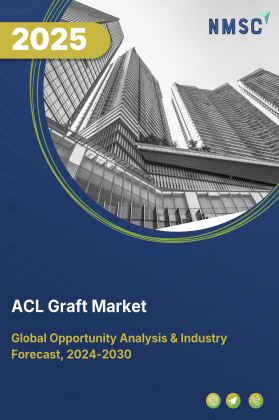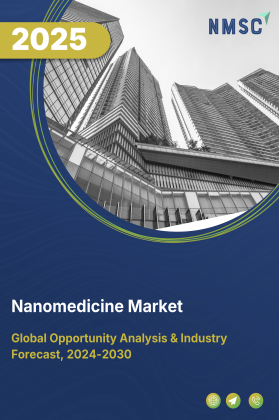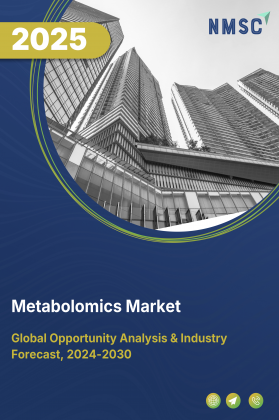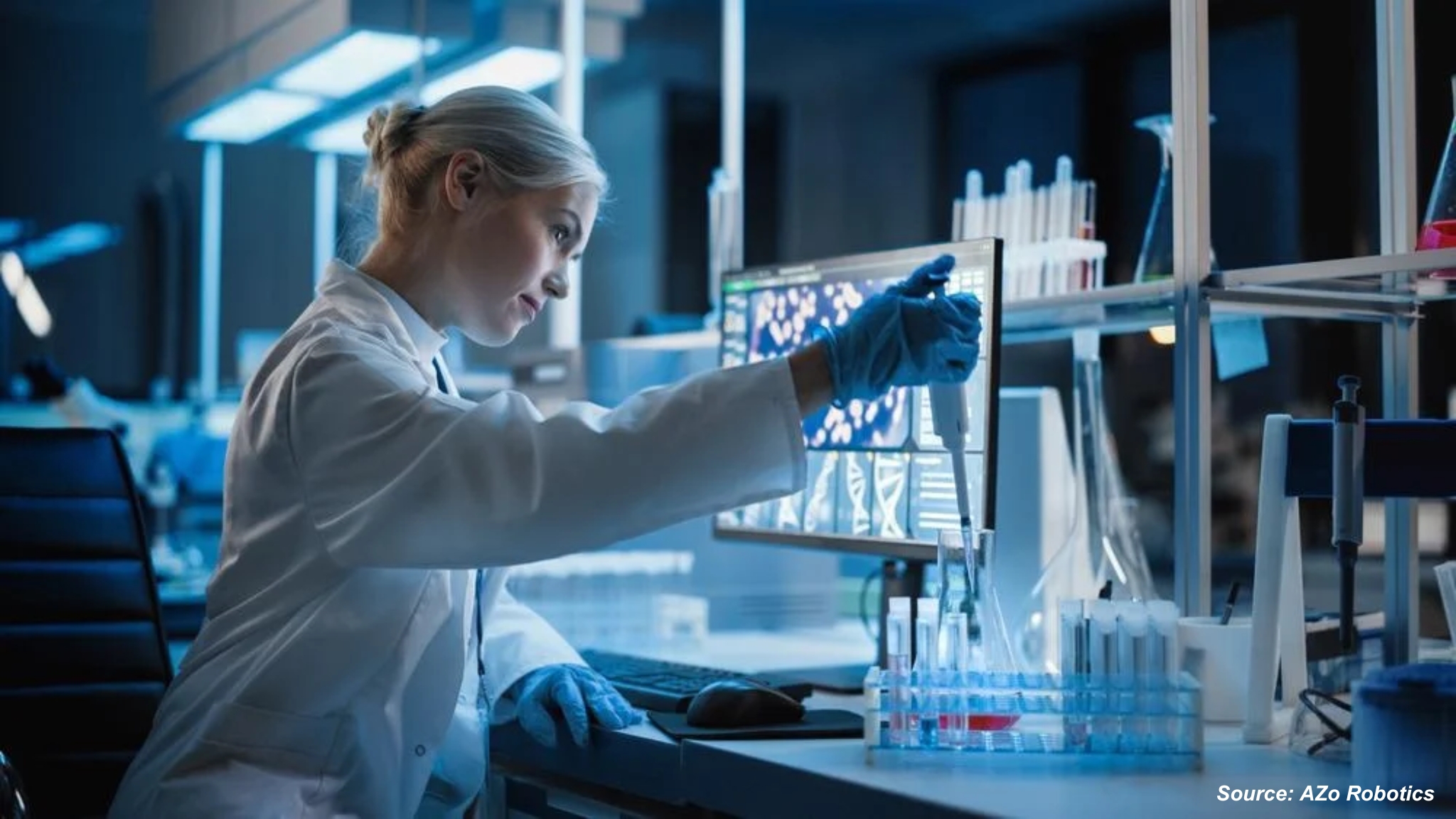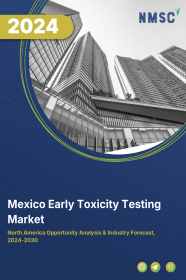
Mexico Early Toxicity Testing Market by Technique (In Vivo, In Vitro and In Silico), by Toxicity Endpoint (Genotoxicity, Dermal Toxicity, Skin Toxicity, Ocular Toxicity, Phototoxicity, and Others), and by End-User (Pharmaceutical Industry, Cosmetic Industry, Chemical Industry, Food Industry, and Others) – Opportunity Analysis and Industry Forecast, 2025–2030
Industry: Healthcare | Publish Date: 26-May-2025 | No of Pages: 147 | No. of Tables: 112 | No. of Figures: 57 | Format: PDF | Report Code : HC730
Industry Overview
The Mexico Early Toxicity Testing Market size was valued at USD 13.6 million in 2024, and is predicted to reach USD 35.0 million by 2030, at a CAGR of 17.1% from 2025 to 2030. Factors such as the growing incidence of cancer and the expansion of the food and beverage industry are accelerating the growth of the market in Mexico. However, stringent regulatory standards present a significant challenge to this growth. On the other hand, emerging technologies are creating promising future opportunities by improving the accuracy and reliability of testing processes.
Key players such as Merck KGaA, Laboratory Corporation of America Holdings, Medpace, Thermo Fisher Scientific, PerkinElmer, Inc., and others are implementing strategies such as product launches and international collaborations to strengthen their competitive position. These efforts support the adoption of early toxicity testing, enabling faster detection of safety concerns. With advances in 3D cell culture, clinical trial risks can be reduced while ensuring product safety and compliance with regulatory frameworks. This contributes to cost savings, minimized late-stage failures, and ethical benefits by reducing reliance on animal testing, further accelerating market expansion.
Growing Incidence of Cancer in Mexico Drives Market Expansion
The increasing rate of cancer cases in the country is a major factor driving the Mexico early toxicity testing market demand. As more individuals are diagnosed with cancer, the urgency to develop safe and effective treatments intensifies. According to Globocan, cancer cases in Mexico reached 207,000 in 2022 and are projected to rise to 393,000 by 2050, marking an 89.9% increase over 28 years. This sharp growth in incidence necessitates rigorous toxicity evaluations during drug development, ensuring patient safety and regulatory compliance. The rising need for advanced testing solutions to support oncology drug development fuels industry growth
Expanding Food and Beverage Production Propels the Mexico Early Toxicity Testing Market Growth
The rapid expansion of the food and beverage sector in Mexico is boosting the demand for early toxicity testing solutions. As production scales up, the need for stringent safety checks becomes more important to detect toxic residues and contaminants. Manufacturers are increasingly adopting testing protocols to meet national safety regulations and international export standards. This push to ensure consumer safety, uphold brand reputation, and comply with regulatory guidelines strengthens the role of toxicokinetics in the food and beverage industry, contributing to market expansion.
Stringent Regulatory Standards Restrict the Mexico Early Toxicity Testing Market Expansion
Strict regulatory standards act as a barrier to the growth of the early toxicity testing market in Mexico. Agencies such as the U.S. FDA and regional counterparts require complex testing protocols that involve significant financial and time investments. These stringent requirements can be difficult for small and medium-sized enterprises to meet, discouraging innovation and slowing the adoption of advanced testing methods. The high compliance burden limits participation and hampers the growth potential of the industry in Mexico.
Emerging Technologies Anticipated to Drive Future Opportunities
Technological advancements, particularly the integration of 3D cell culture in in vitro testing, are expected to create substantial opportunities in the Mexico early toxicity testing market trends. These technologies replicate the complexity of human tissues more accurately than traditional 2D models, enabling more dependable toxicity predictions. 3D models allow multiple cell types to interact, enhancing the simulation of real human responses and reducing risks in clinical trials. This innovation supports safer drug development and efficient regulatory approvals, making it a key driver for future sector growth.
Competitive Landscape
The promising players operating in the Mexico early toxicity testing industry include Merck KGaA, Laboratory Corporation of America Holdings, Medpace, Thermo Fisher Scientific, PerkinElmer, Inc., Bio-Rad Laboratories, Inc., Agilent Technologies, Inc., SGS SA, Boehringer Ingelheim, Bruker Corporation, Quest Diagnostics, Fortrea, Hangzhou Singclean Medical Products Co., Ltd., ICON plc, Eurofins Scientific, and others.
Mexico Early Toxicity Testing Market Key Segments
By Technique
-
In Vivo
-
In Vitro
-
Cell Culture
-
PCR
-
ELISA
-
Western Blotting
-
Protein Binding Assays
-
-
In Silico
By Toxicity Endpoint
-
Genotoxicity
-
Dermal Toxicity
-
Skin Toxicity
-
Ocular Toxicity
-
Phototoxicity
-
Others
By End-User
-
Pharmaceutical Industry
-
Cosmetic Industry
-
Chemical Industry
-
Food Industry
-
Others
Key Players
-
Merck KGaA
-
Laboratory Corporation of America Holdings
-
Medpace
-
Thermo Fisher Scientific
-
PerkinElmer, Inc.
-
Bio-Rad Laboratories, Inc.
-
Agilent Technologies, Inc.
-
SGS SA
-
Boehringer Ingelheim
-
Bruker Corporation
-
Quest Diagnostics
-
Fortrea
-
Hangzhou Singclean Medical Products Co., Ltd.
-
ICON plc
-
Eurofins Scientific
REPORT SCOPE AND SEGMENTATION:
|
Parameters |
Details |
|
Market Size Value in 2024 |
USD 13.6 million |
|
Revenue Forecast in 2030 |
USD 35.0 million |
|
Value Growth Rate |
CAGR of 17.1% from 2025 to 2030 |
|
Analysis Period |
2024–2030 |
|
Base Year Considered |
2024 |
|
Forecast Period |
2025–2030 |
|
Market Size Estimation |
Million (USD) |
|
Growth Factors |
|
|
Companies Profiled |
15 |
|
Market Share |
Available for 10 companies |
|
Customization Scope |
Free customization (equivalent up to 80 working hours of analysts) after purchase. Addition or alteration to country, regional, and segment scope. |
|
Pricing and Purchase Options |
Avail customized purchase options to meet your exact research needs. |




















 Speak to Our Analyst
Speak to Our Analyst



